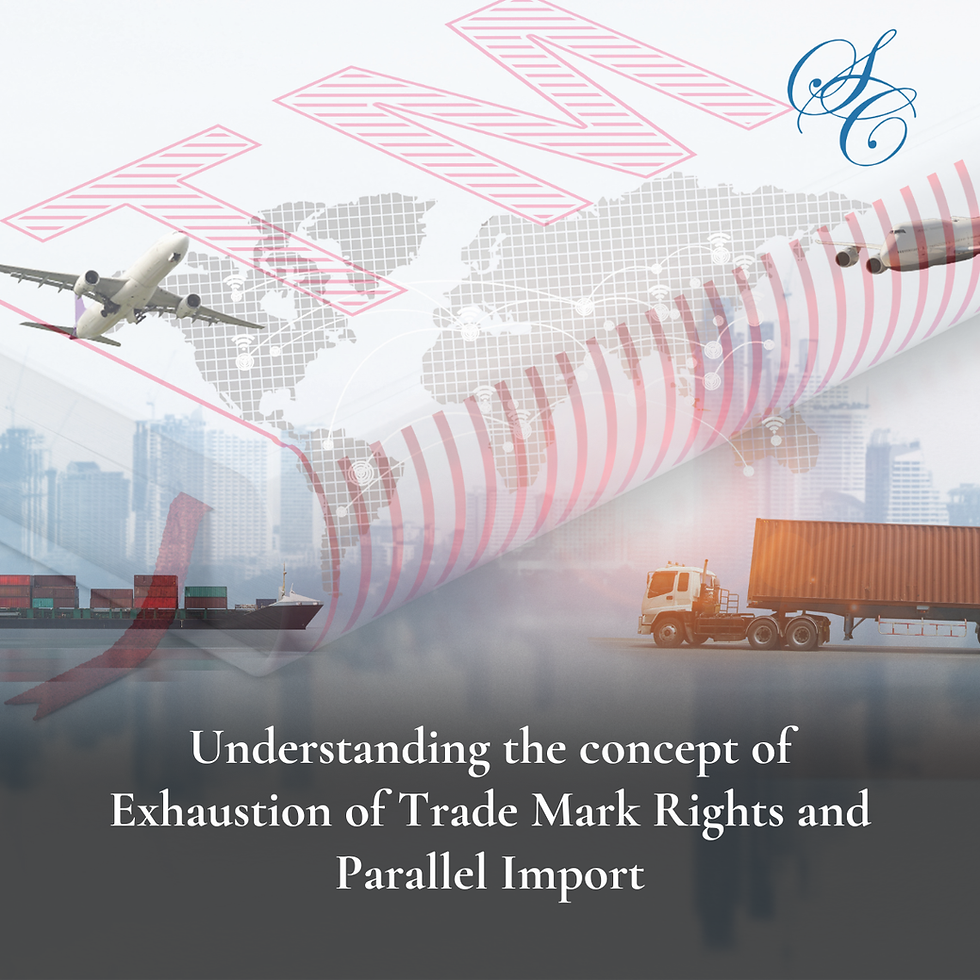The Delhi High Court Refuses to Injunct University Photocopier!
- Sarwajeet Singh
- Sep 22, 2016
- 3 min read
A recent judgment of the Delhi High Court involving a photocopying shop operating in the prestigious Delhi University’s campus is expected to have far reaching consequences in the field of copyright law in India. The judgment is the result of a 2012 suit that was filed by various publishers, including Oxford University Press, Cambridge University Press and Taylor & Francis against the defendants, Rameshwari Photocopy Service and the University of Delhi, seeking to restrain the defendants from photocopying, reproduction and distribution of copies of the plaintiffs’ publications for students.
The Delhi High Court held that the defendants were not liable for copyright infringement under Indian law. A copy of the 94 page judgment is accessible here.
In the extremely reasoned judgment, the Court examined, at length, the arguments made by both sides and stated that “copyright, especially in literary works, is thus not an inevitable, divine, or natural right that confers on authors the absolute ownership of their creations. It is designed rather to stimulate activity and progress in the arts for the intellectual enrichment of the public. Copyright is intended to increase and not to impede the harvest of knowledge.” It held that the acts of the defendants fall within the scope of the exceptions provided by the law on copyright, namely, reproduction of any work i) by a teacher or a pupil in the course of instruction; or ii) as part of the questions to be answered in an examination; or iii) in answers to such questions.
The Court considered whether the defendants’ course packs, i.e., a printed collection of assigned readings for a college course, typically including an assortment of periodical articles or sections of longer books, fall within the above exceptions. The plaintiffs tried to provide a narrow reading of the exceptions, claiming that, at best the law on copyright allows for the provision of materials in the course of a lecture and spatially restricted to a classroom. The Court, while rejecting this claim, stated that “instruction’ cannot be narrowly understood and, through a historically informed reading of the phrase ‘in the course of’ concluded that instruction includes the entire ambit of pedagogy from the creation of syllabus to teaching and provision of reading materials.
While discussing advancements made in technology, the Court unequivocally held that advancement of technology cannot, and should not, cause a legal act to become illegal. The Court stated that, “when an action, if onerously done, is not an offence, it cannot become an offence when, owing to advancement in technology doing thereof has been simplified”. The Court, in order to cement this point further, stated “photocopiers have just made the task simpler and faster, but if the act of copying for a particular purpose is itself not illegal, and the effect of the action is the same, the difference in the mode of action cannot make a difference so as to make one an offence”.
In conclusion the judgement stated that, “Indian law makers have allowed through statute for the reproduction of a copyrighted work in the course of instruction, on the basis of purpose and with the conviction that this does not unreasonably prejudice the legitimate interest of the author. Further, this flexibility is provided to it through international law, and it is not the place of courts to impose artificial restrictions by way of quantitative limits.”
The Court, in its judgement, has clearly recognized the socio-economic realities of India, namely, that libraries and universities have to cope with the needs of thousands of students simultaneously, and students cannot be expected to buy every book prescribed by an educational institution.
Lastly, the Court held that no trial was required.




Comments